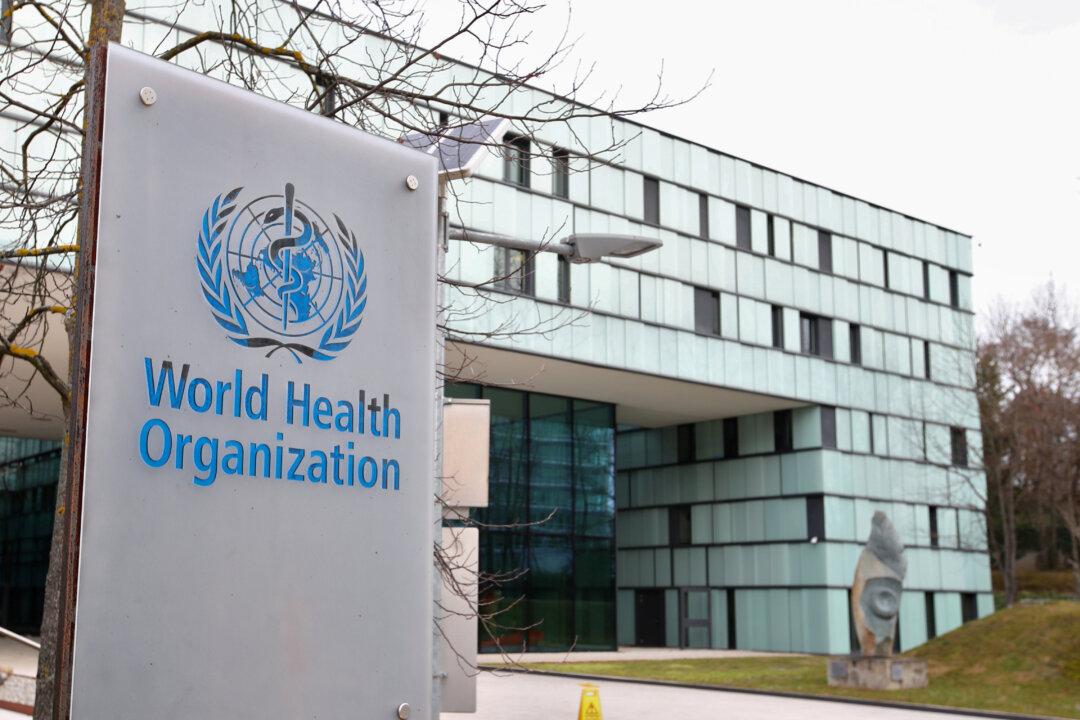Some key questions about the latest Omicron variant of concern remain unanswered but the risk it poses remains “very high,” said the World Health Organization (WHO) in a technical briefing issued on Dec. 10.
The WHO says the SARS-Cov-2 virus variant is “highly divergent with a high number of mutations,” some of which are “concerning and may be associated with immune escape potential and higher transmissibility. However, there are still considerable uncertainties.”





